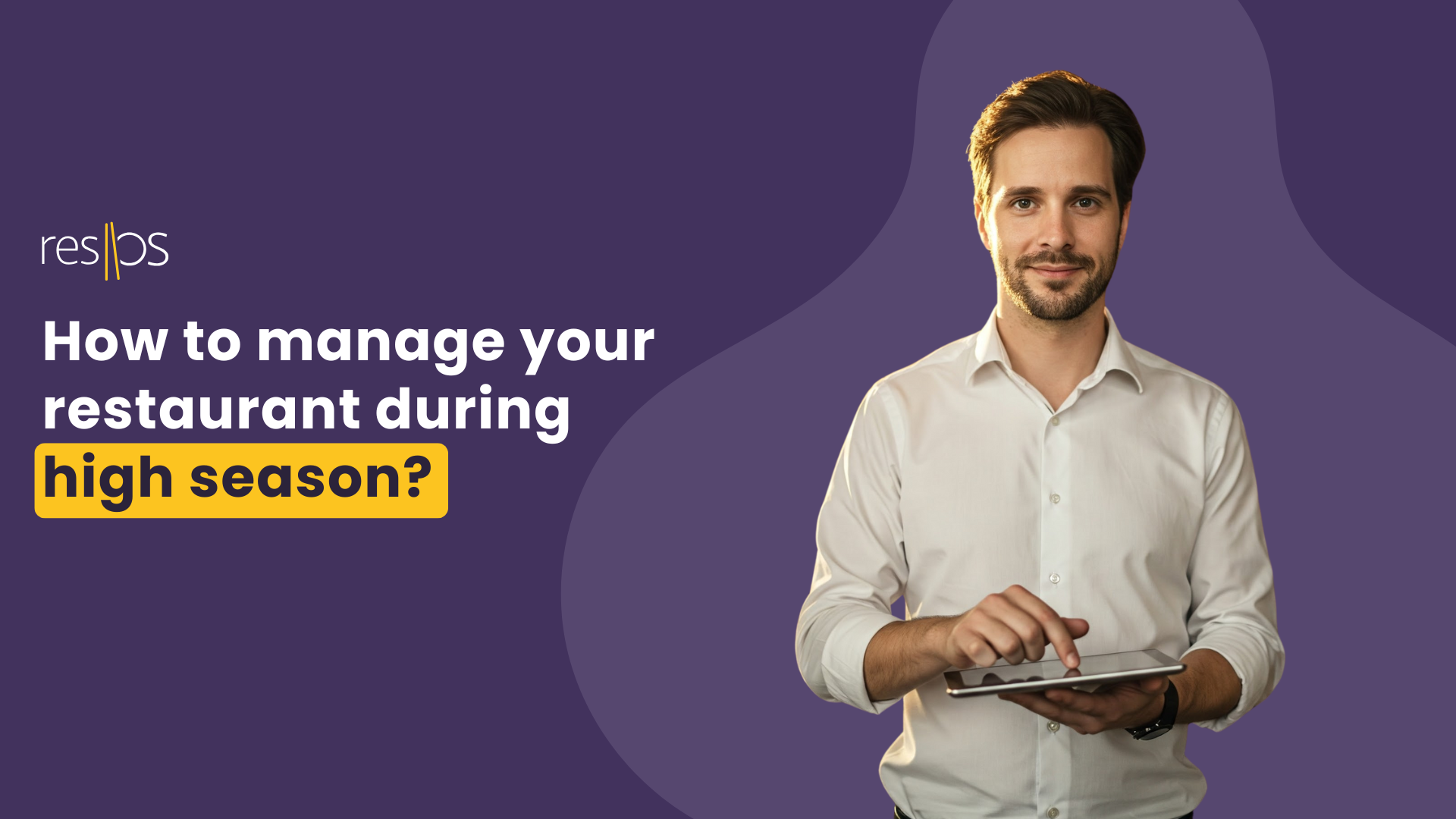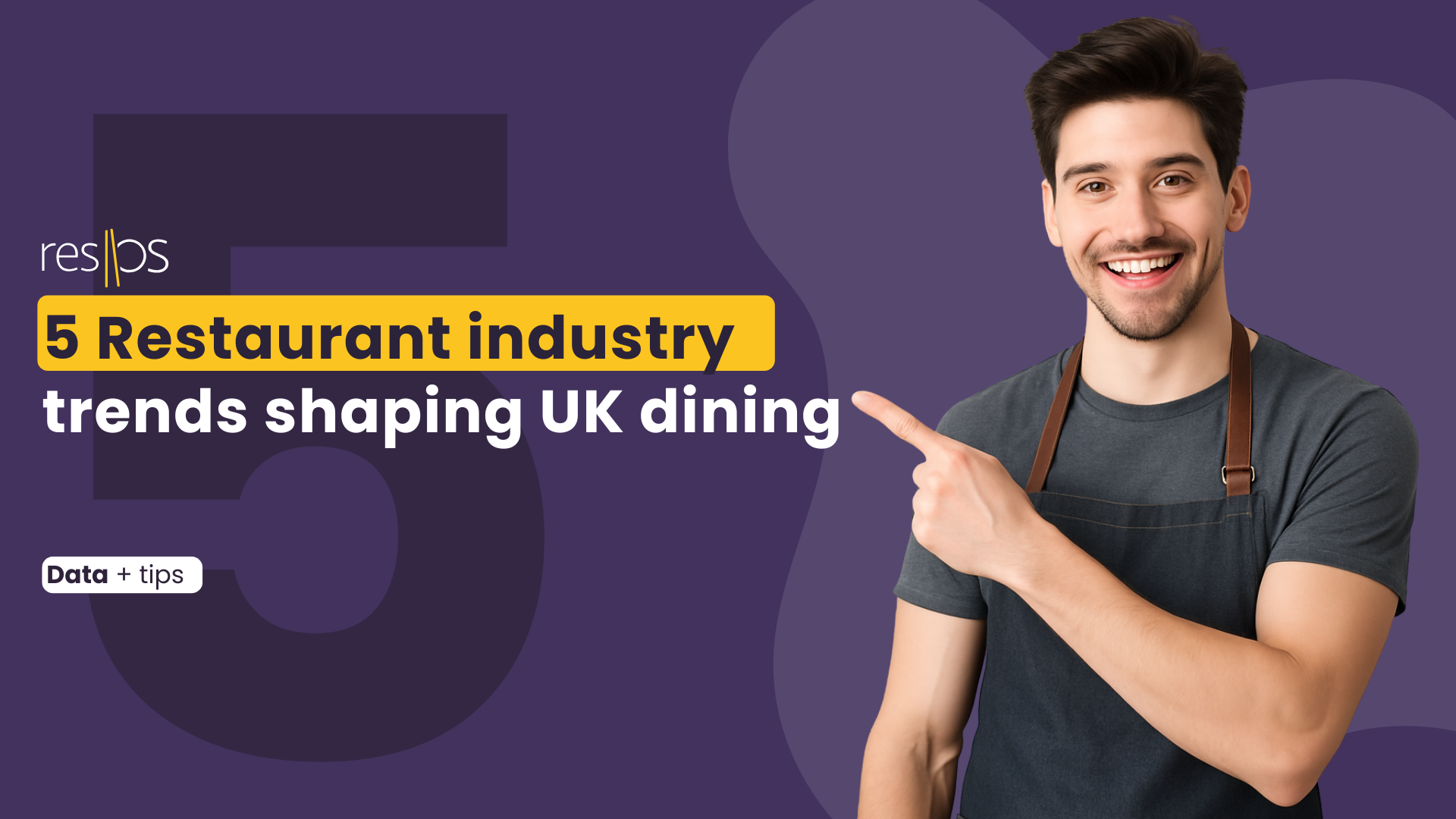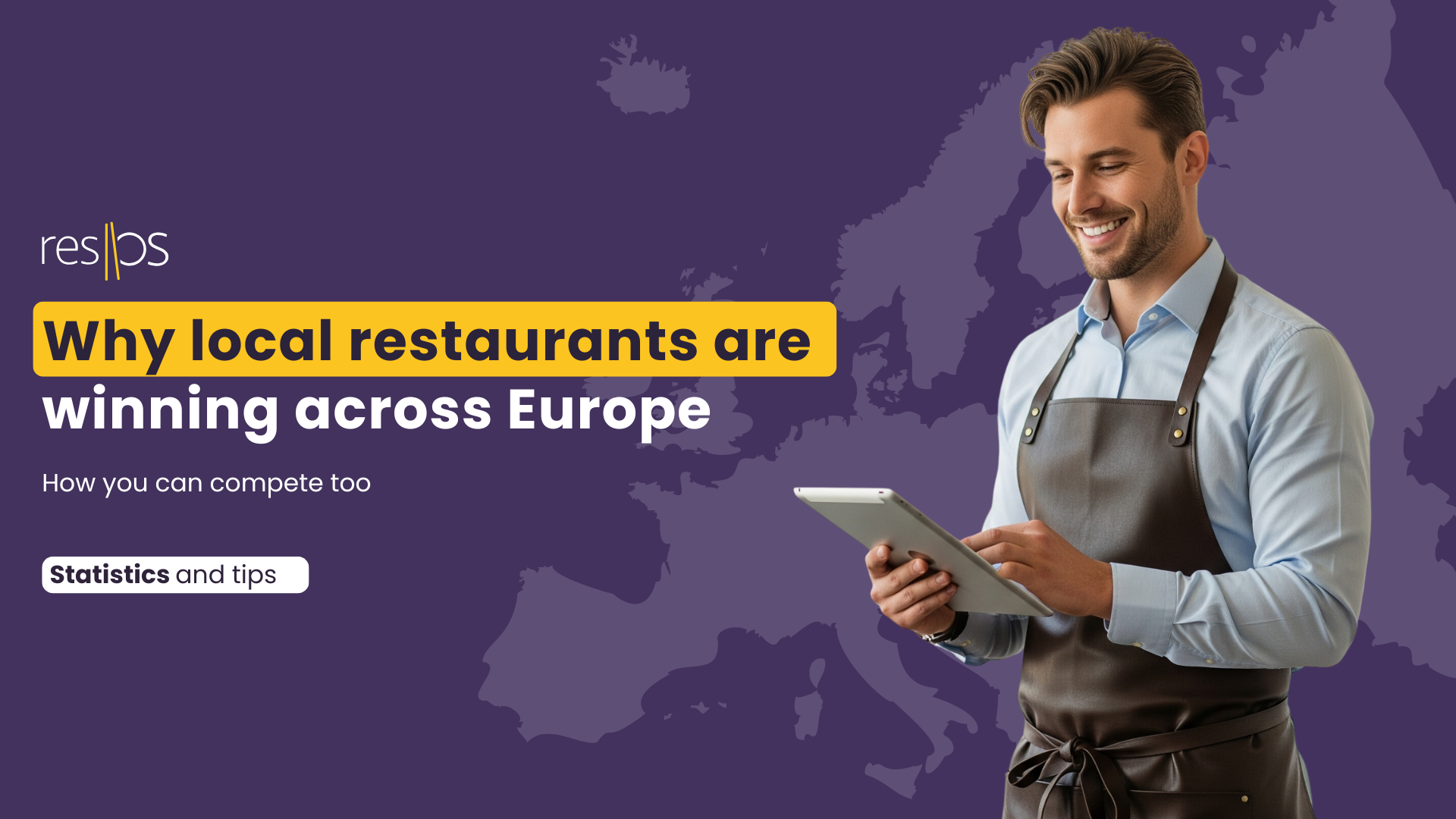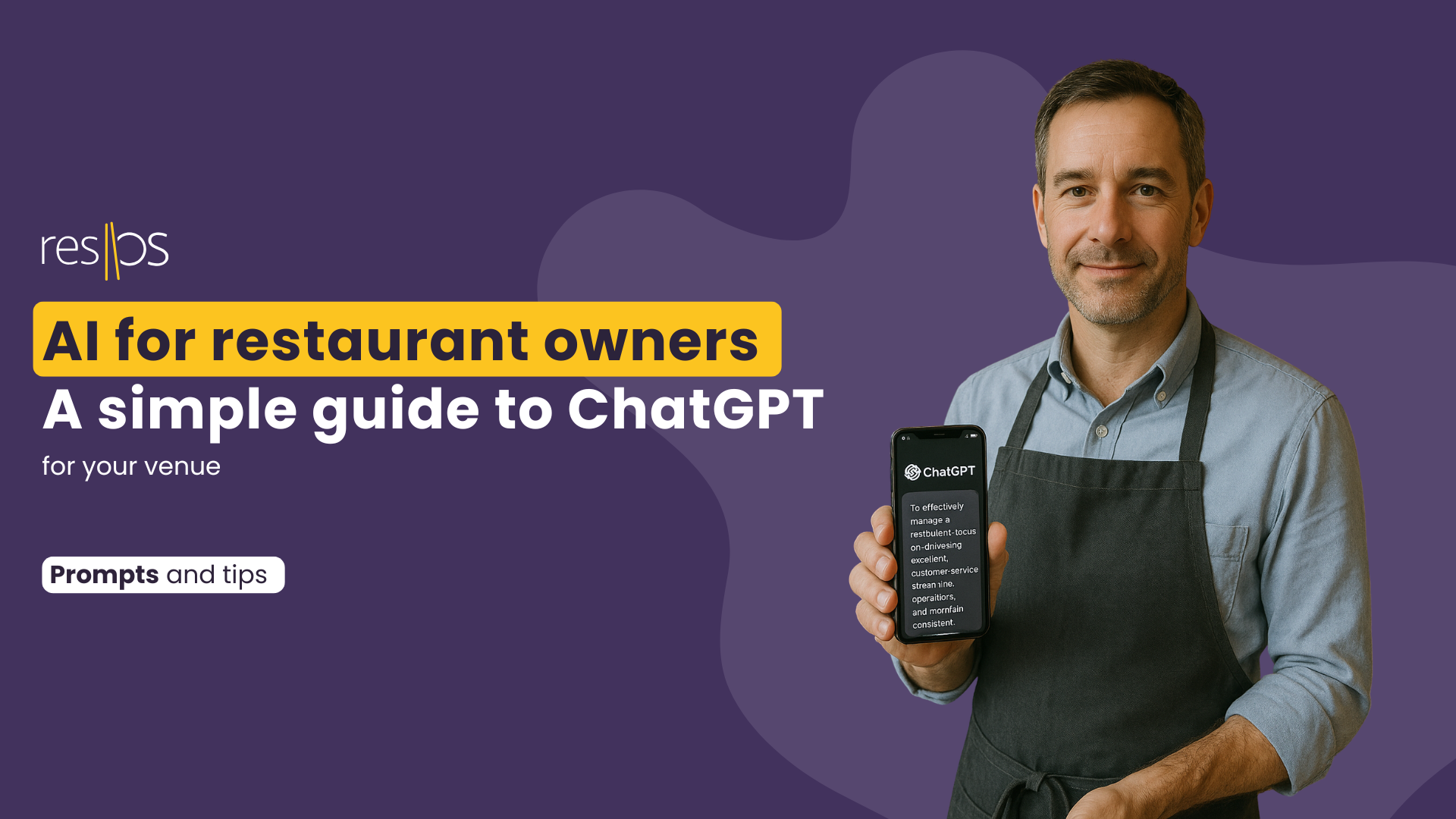Busy hours can make or break a restaurant. In the UK, peak times like Friday and Saturday nights or Sunday lunches often mean packed dining rooms and a lot of pressure on staff. Moreover, confusion, long waits, and missed reservations can irritate guests and lower your revenue.
So, how do you manage restaurant reservations during these extremely busy hours?
Understanding the challenges of restaurant reservation
During busy hours, UK restaurants often face problems with service. Last-minute changes, unexpected walk-ins, and no-shows can create chaos. Without a proper system, it’s difficult to understand who’s arriving, where they should sit, or how long they’ll stay. This leads to longer waits, stressed staff, and unhappy guests.
Manual tools like notebooks and spreadsheets may feel familiar, but they struggle to keep up with a fast-moving dining area, and they don’t offer real-time updates or coordination between the front and back of the house.
Additionally, research by SevenRooms uncovered that over half (57%) of UK restaurant reservations are made on the same day, highlighting the need for flexible and responsive booking systems to accommodate last-minute bookings and reduce cancellations.
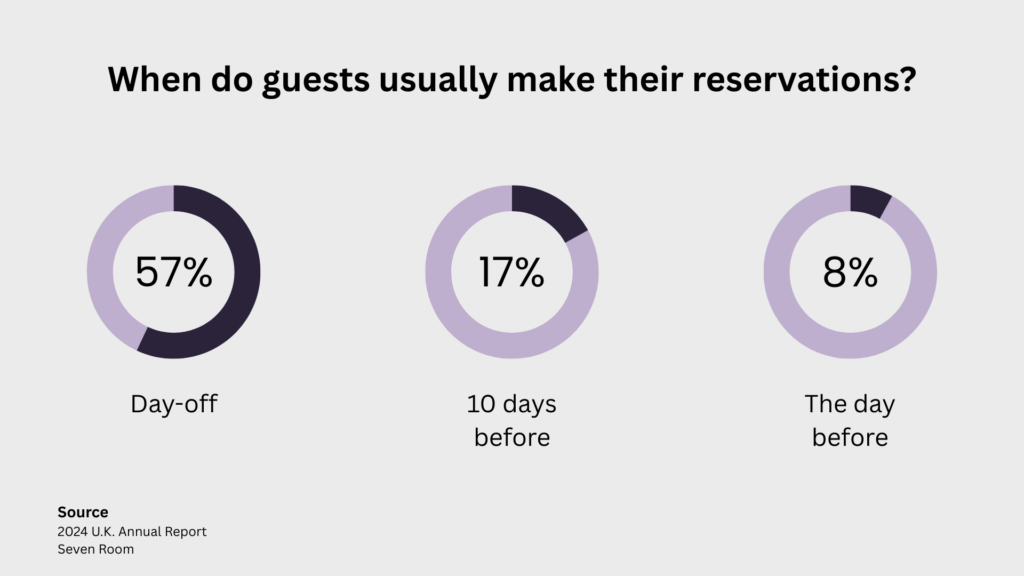
How does a restaurant booking system help you?
Using a restaurant booking system is a smart way to stay in control. It helps you organise bookings, manage table availability, and keep track of guests in real time.
According to a 2024 article by The Access Group, implementing such a system offers several advantages:
- 24/7 availability & customer convenience: customers can reserve a table anytime, even outside opening hours. This reduces the need for phone calls and helps you avoid missed opportunities.
- Reduced no-shows and increased table turnover: automated reminders and the ability to collect deposits help minimize no-show.
- Increase customer experience & insights: collecting and accessing customer data allows for personalized service and strategic decision-making.
In our case, you can view and manage all your bookings in one place. Whether a guest books through your website, Google, or social media, you’ll have a centralized dashboard that updates in real time. This prevents overbooking and helps your team stay informed about the restaurant reservations.
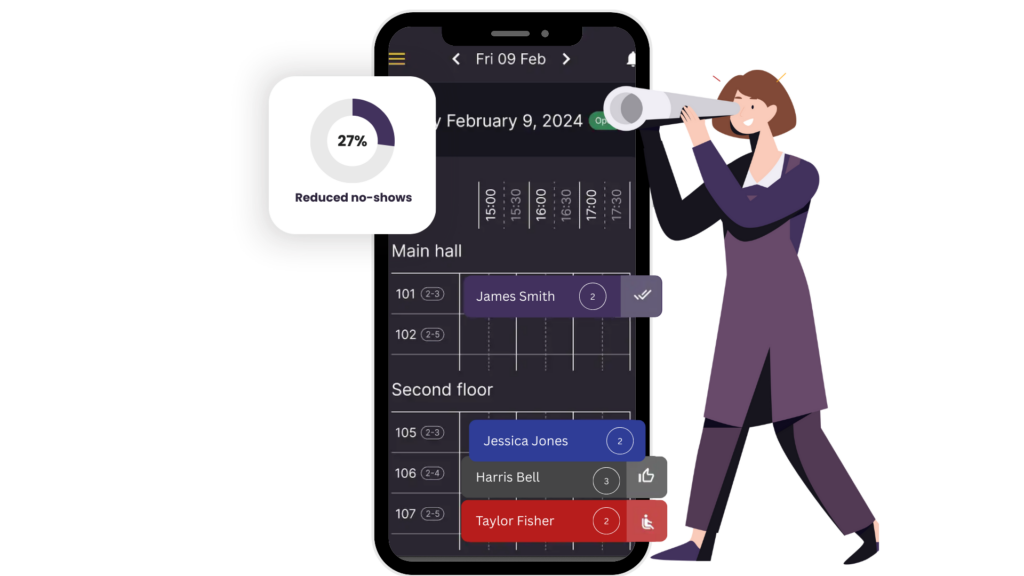
resOS also allows you to send automatic booking confirmations and reminders via email or SMS, which helps reduce the number of no-shows. It keeps track of your walk-ins and waitlists, allowing you to stay flexible even during rush hours. Plus, it can store important customer data and preferences, helping you personalize service and build loyalty.
Choosing the right online booking system for your reservation
Not every system suits every restaurant, especially if you’re running a smaller venue. That’s why it’s important to choose a system like resOS that’s designed with flexibility in mind.
Key features include customizable floor plans so you can map your real layout, smart scheduling to prevent all guests arriving at the same time, and waitlist functions that let you fill tables as soon as they become free. You can access from your phone, tablet or desktop, so you’re never out of touch with your bookings, even when you’re on the move.
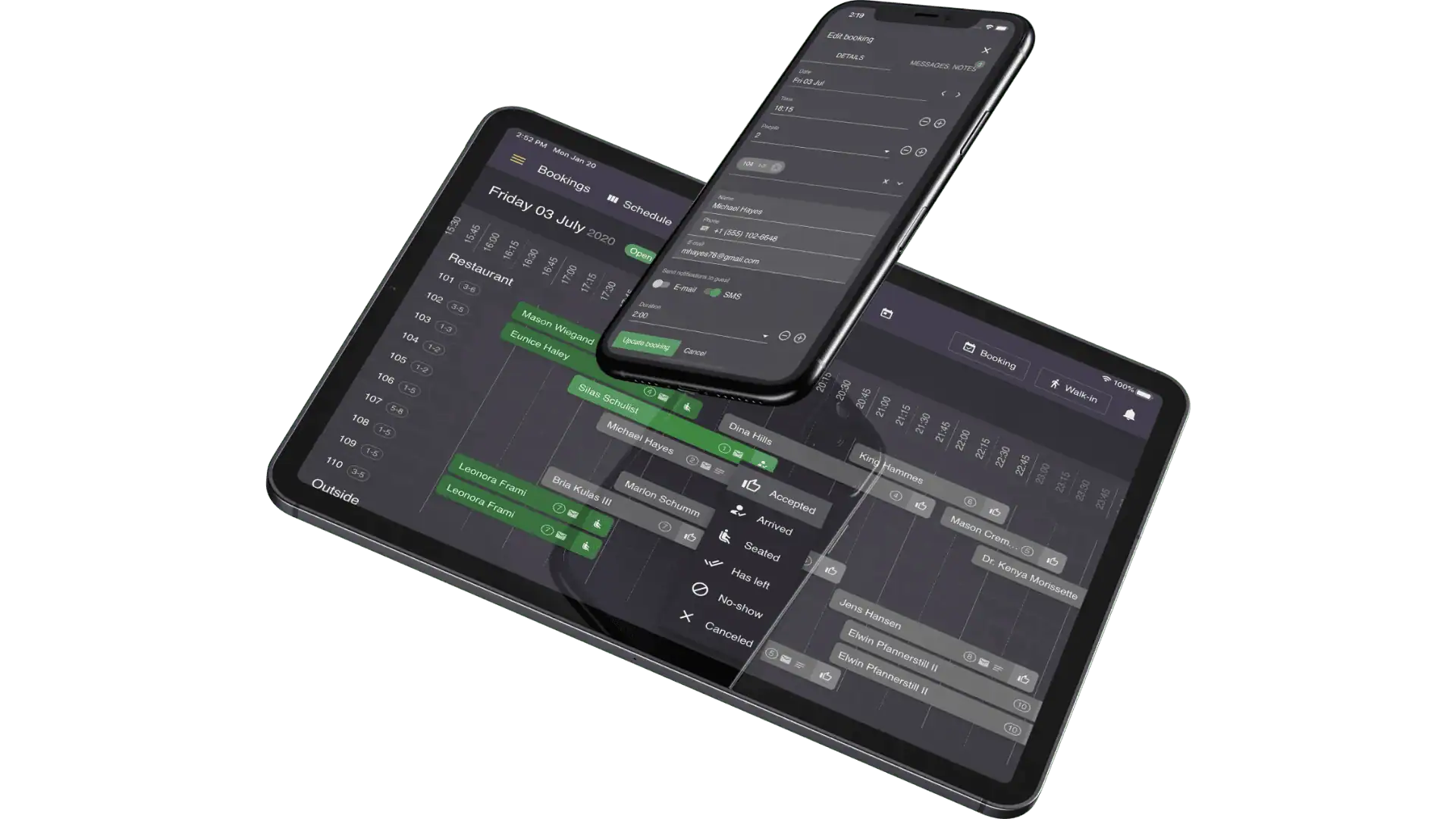
Try resOS for Just £19/Month!
Optimize your restaurant’s reservation and improve efficiency with our plans, perfect for small restaurants!

Training staff to use the system confidently
Training staff to handle a booking system well makes a big difference during busy hours. With a clear onboarding plan and regular guidance, your team will feel more confident and efficient.
A system like resOS has an intuitive layout. Staff can learn quickly and start managing reservations, tracking cancellations, and adding guest notes without delays. When everyone uses the same system, communication between the front of house and kitchen improves.
Summary
Peak hours don’t have to be stressful. With the right tools, processes, and preparation, restaurants can keep things running smoothly, create a better experience for guests, and make the most of their busiest times. By investing in a smart reservation system, refining your table strategy, and empowering your team with clear communication, you can turn peak service into a well-managed.
Why is it important to use a booking system during peak hours?
Peak hours often bring high volumes of guests, making it harder to track reservations manually. A digital booking system helps prevent double bookings, reduces wait times, and keeps service running smoothly.
How can I reduce no-shows in my restaurant?
You can reduce no-shows by using automated confirmation messages, requesting card details or deposits, and making the booking process quick and convenient online.
Does my staff need training to use a booking system?
With a bit of onboarding, your team can confidently manage reservations, update table status, and communicate guest details, all of which help during peak service hours.
What features should I look for in a restaurant booking system UK?
Look for real-time table updates, waitlist management, SMS/email confirmations, and integrations with your website or Google profile. If you’re a small business, choose a system that’s simple, affordable, and built for the UK market.
